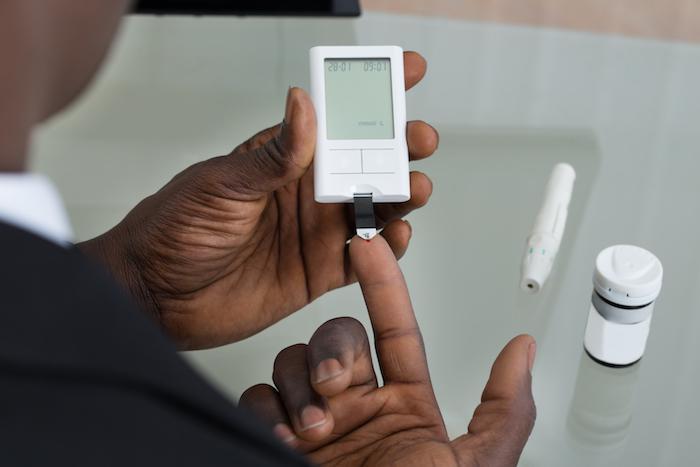According to the Centers for Disease Control and Prevention, approximately 34 million Americans have diabetes, and another 88 million adults are on the verge of developing this complex disease.
Mustafa Ahmed, MD, of Southern Nevada Bariatrics in Las Vegas, is committed to helping his patients achieve and maintain their best possible health. He shares insight regarding the cause and treatments available for the two most common types of diabetes.
Contents
What causes diabetes?
To function normally, every cell in your body requires a certain amount of glucose (sugar) for fuel. Your body converts the carbohydrates you eat into sugar, which is available to cells via your bloodstream.
Diabetes occurs when there is too much sugar in your blood. This may be related to your diet as well as the way your body produces and/or utilizes insulin, a hormone that helps activate cellular absorption of glucose.
Normally, blood sugar levels rise after eating. This prompts your pancreas to produce insulin and triggers your cells to absorb the sugar they require. Any excess, likely due to a carb-heavy meal or snack, is stored in the liver or muscles for later use.
As your blood sugar levels drop back to baseline, your pancreas quits producing insulin. Between meals, your liver releases small amounts of its stored glucose as necessary to provide the fuel your cells require.
However, when you have diabetes, blood sugar levels remain persistently elevated. Over time, this can lead to:
- Painful nerve damage (neuropathy)
- Heart disease
- Chronic kidney disease
- Eye damage and blindness
- Increased risk of infection
- Poor immune function
Note that extremely high blood sugar levels can also lead to coma and death. Fortunately, many of these serious health consequences are preventable with treatment that includes tight control of your blood sugar with medication as well as changes in lifestyle and diet.
Diabetes types
The two most common types of diabetes are:
Type 1 diabetes
Type 1 diabetes occurs when your pancreas produces very little or no insulin at all. It’s usually diagnosed in childhood or adolescence but can also develop in adults.
Often, type 1 diabetes is related to a faulty immune system that mistakenly attacks and destroys insulin-producing cells in your pancreas. Certain viruses and genetic abnormalities may also lead to this type of diabetes.
There is no cure for type 1 diabetes, but it is successfully treated with insulin as well as diet, routine exercise, and other lifestyle changes.
Type 2 diabetes
Type 2 diabetes is by far the most common form of diabetes. It occurs when your cells become resistant to the effects of insulin, causing sugar to build up in your bloodstream.
In efforts to maintain balanced blood sugar levels, your pancreas continues to release insulin. Eventually, this heavy workload can cause the insulin-producing cells in your pancreas to fail.
Factors that increase your risk of developing type 2 diabetes include:
- Excess weight
- Physical inactivity
- Family history of a parent or sibling with type 2 diabetes
- Elevated triglycerides
- Polycystic ovary syndrome (PCOS)
Note that prediabetes, a condition in which your blood sugar levels are higher than normal but not yet in diabetic range, is often a sign that you’re on the verge of developing type 2 diabetes.
Managing diabetes
Regardless of the type of diabetes you have, successful management includes:
- Insulin and other medications to reduce blood sugar levels
- Weight loss
- Increased physical activity to lower blood sugar naturally
- A nutritionally sound diet that limits carbohydrates
- Timing medications with meals as directed
- Limiting alcohol consumption which affects the way your liver releases stored glucose
- Reducing stress that causes blood sugar to rise
Understandably, a new diagnosis of diabetes can feel overwhelming. Here at Southern Nevada Bariatrics, we focus on education that explains the complexities of this disease and the reasoning behind the treatments we recommend.
Our team provides the nutritional guidance and other supportive care you need to successfully overcome the challenges of living with diabetes. If you’re prediabetic, we can also help you reverse course now and avoid full-blown diabetes. Our services also include medically supervised weight loss programs that help you drop any excess pounds.
Schedule a visit at Southern Nevada Bariatrics today.

